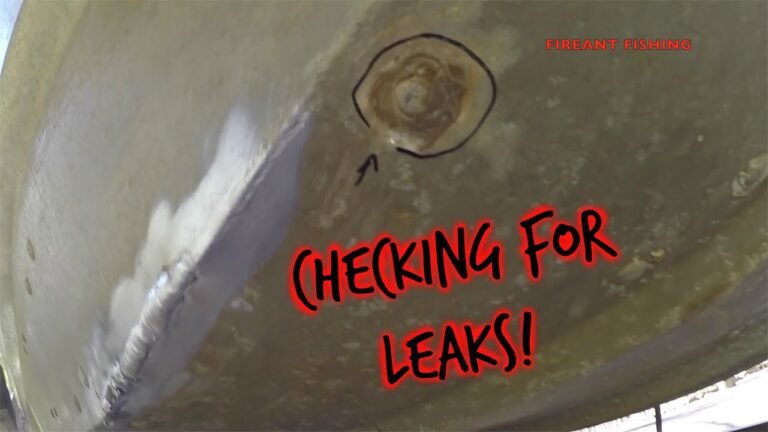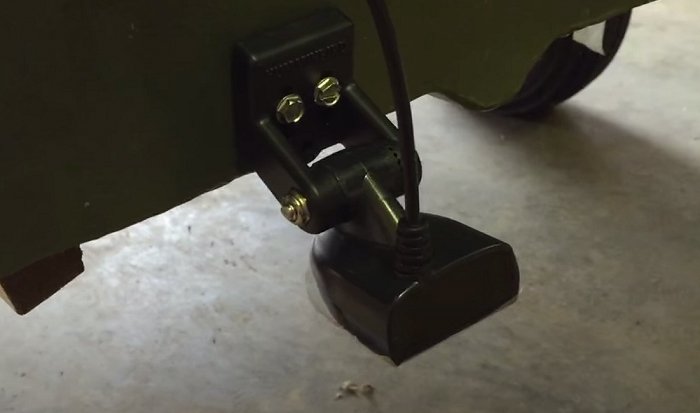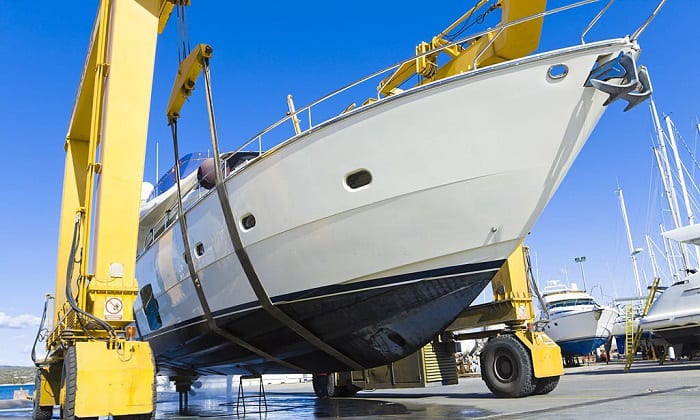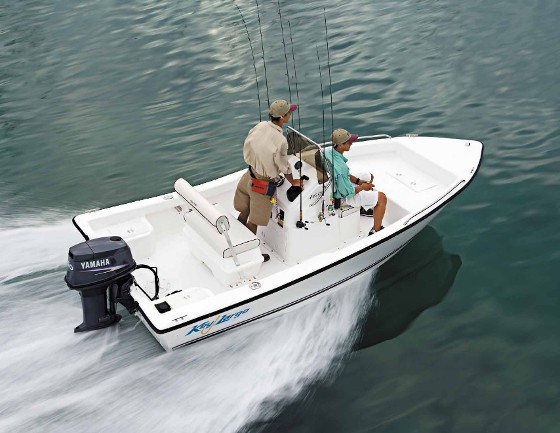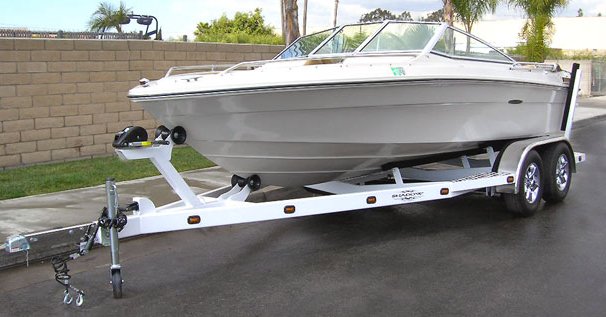How Often Should You Check the Engine Oil Level Boat | Engine Oil Level Check Frequency for Boats 2025
It is difficult to give a definitive answer to this question as it depends on several factors, such as the type of boat, how often it is used, and what kind of engine oil is used. However, as a general rule of thumb, it is recommended that you check the engine oil level every time you use the boat.
If you’re like most boat owners, you probably don’t give your engine’s oil level much thought. After all, it’s just something that needs to be changed every now and then, right? Wrong!
Checking your engine oil level is actually one of the most important things you can do to keep your boat running smoothly.
So how often should you check it? The answer may surprise you: at least once a week, and more often if you’re using your boat frequently.
That may seem like a lot, but it’s really not that difficult to do – just pop the hood and take a quick peek.
Why is checking your engine oil so important? Because if the level gets too low, your engine could seize up, causing costly repairs (or even replacement).
So don’t neglect this simple maintenance task – it could save you a lot of money (and headaches) down the road.
You are Getting Ready to Launch Your Boat. Where Should You Park to Load Your Equipment And Gear?
You are finally ready to launch your boat after a long winter. You have all of your equipment and gear loaded, but you’re not sure where to park to make the process as smooth as possible. Here are a few tips on where to park to load your boat:
1. If you have a trailer, find a flat spot close to the water’s edge. This will make it easier to back the trailer down and launch the boat.
2. Avoid parking on grass if possible.
The wheels on your trailer can sink into soft ground, making it difficult to move.
3. Make sure you have enough room around your vehicle to open doors and move around without hitting other cars or obstacles.
4. Once you’ve launched the boat, be sure to remove all gear from the area so others can enjoy using the space too!
What is 1 Part of a Regular Vessel And Engine Maintenance Program
Assuming you would like a blog post discussing the importance of a regular vessel and engine maintenance program:
A regular vessel and engine maintenance program is critical to ensuring the longevity and performance of your boat. By regularly inspecting and servicing your boat, you can prevent small problems from becoming big ones.
A well-maintained boat will also be more efficient and enjoyable to use.
There are many different aspects to a regular vessel and engine maintenance program, but one of the most important is oil changes. Over time, oil breaks down and becomes less effective at lubricating and cooling your engine.
This can lead to increased wear on engine parts, reduced fuel economy, and decreased performance. Regular oil changes ensure that your engine is getting the clean, fresh oil it needs to run its best.
You are Retrieving Your Boat from the Water
Assuming you have a boat and you want to get it out of the water, there are a few things you need to do.
First, if your boat is on a trailer, make sure the trailer is properly attached to your vehicle. Once that is done, back your vehicle up to the water’s edge until the front wheels of the trailer are in the water.
Then, release the brakes on your trailer so that it can float freely.
Next, if you have a winch on your boat trailer, use it to slowly pull your boat onto the trailer. If you don’t have a winch, ask someone else to help you lift your boat onto the trailer.
Make sure that both sides of the boat are balanced on the trailer before driving away.
If everything has been done correctly, driving away from the water should be no problem. Just take it slow and steady until you get back to land.
What is the Problem With Using Your Boat’S Engine to Drive It Onto a Trailer?
If you’ve ever tried to use your boat’s engine to drive it onto a trailer, you know that it can be a real pain. The problem is that the boat’s propeller is designed to push the boat through the water, not pull it onto a trailer. This can cause all sorts of problems, from the engine overloading and shutting down to the boat getting stuck on the trailer.
There are a few ways to get around this problem. One is to use a winch to pull the boat onto the trailer. This requires some extra equipment, but it’s worth it if you’re having trouble with your engine.
Another option is to back your trailer into the water so that the boat can float onto it. This can be tricky, but it’s often the best option if there’s no other way to get your boat onto the trailer.
Whatever method you choose, make sure that you’re careful and take your time.
Trying to hurry will only make things worse and could even damage your boat or injure someone in the process. With a little patience and care, you should be able to get your boat safely on its way home without any problems!
What is the Problem With Using Your Boats Engine
There are a few different problems that can occur when using your boat’s engine. One problem is that the engine can overheat, which can damage the engine and potentially cause a fire. Another problem is that the engine can stall, which can be dangerous if you are in the middle of nowhere.
Finally, if you don’t maintain your boat’s engine properly, it can break down and leave you stranded.
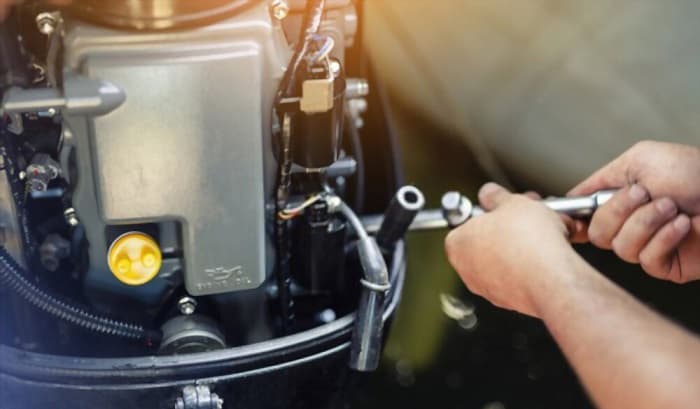
Credit: www.ridetheducksofseattle.com
How Often Should You Check the Engine Oil Level?
Assuming you are talking about a car with a conventional oil system, most owner’s manuals will recommend that you check your engine oil level at least once a month. Checking it more often, such as once a week, is even better. If you drive frequently in stop-and-go traffic or under other stressful conditions, checking it more often is probably a good idea.
When Should I Check My Boat Oil?
It’s important to check your boat oil regularly to ensure that your engine is running smoothly and efficiently. Depending on how often you use your boat, you should check the oil at least once a month. If you notice any changes in the color or consistency of the oil, or if the level drops significantly, it’s time to take your boat in for servicing.
How Do You Check the Oil Level on a Boat?
Assuming you would like tips on how to check the oil level in a boat’s engine:
It is important to regularly check the oil level in your boat’s engine. Oil lubricates the engine parts and helps keep them cool.
If the oil level gets too low, it can cause damage to the engine.
To check the oil level, remove the dipstick from the engine and wipe it clean with a rag. Insert the dipstick back into the engine and pull it out again.
The oil level should be between the two marks on the dipstick. If it is below the lower mark, add more oil until it reaches that level.
Do You Check Boat Oil Hot Or Cold?
There’s a lot of debate on whether it’s better to check your boat oil when it’s hot or cold. Here’s a breakdown of the pros and cons of each so you can make the best decision for your boat.
Checking Boat Oil Hot:
-The oil will be thinner and easier to see if there are any problems.
-You can more easily spot leaks when the engine is hot.
-It’s easier to check the dipstick when the engine is warm because the stick won’t be as stiff.
Checking Boat Oil Cold:
-Cold oil is better for checking levels because it hasn’t been diluted by fuel yet.
-If there are any contaminants in the oil, they will be more visible when the oil is cold.
Why you shouldn’t warm up you car engine in the morning #shorts
Conclusion
This blog post covers the topic of how often you should check your boat’s engine oil level. The author recommends checking it every time you use the boat, or at least once a week. They also suggest checking it before going on a long trip.

